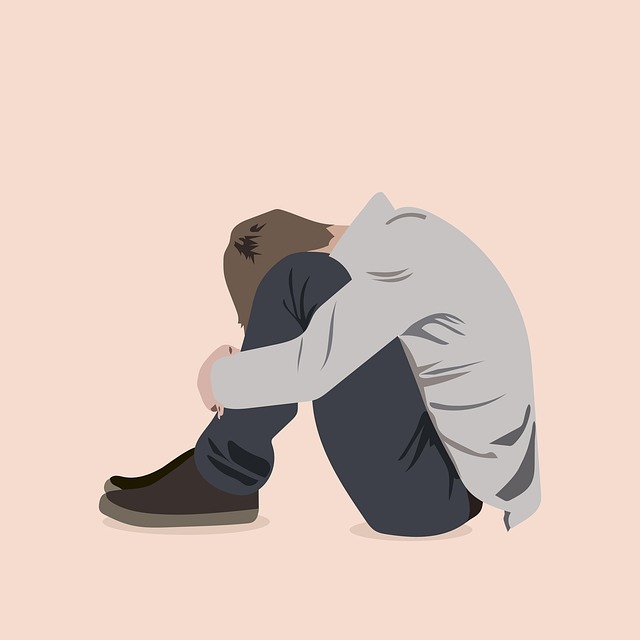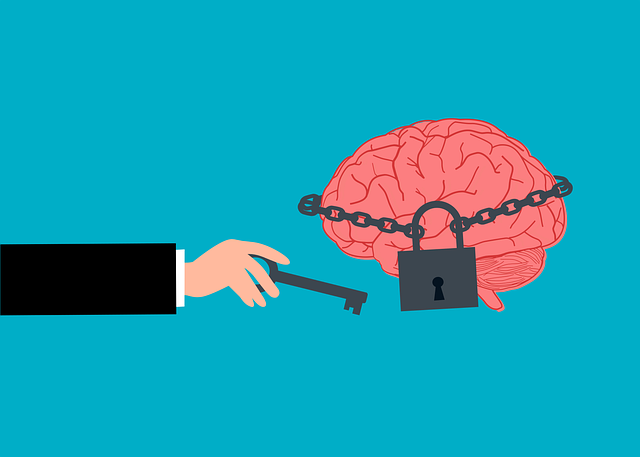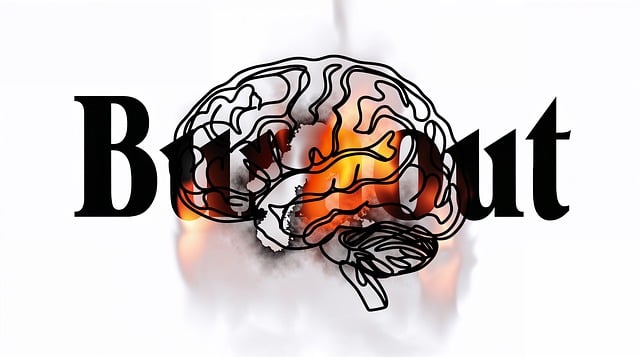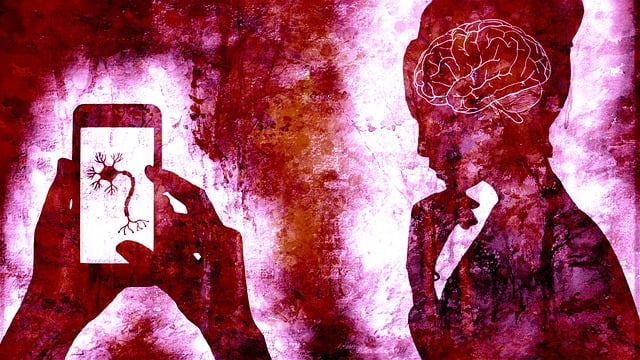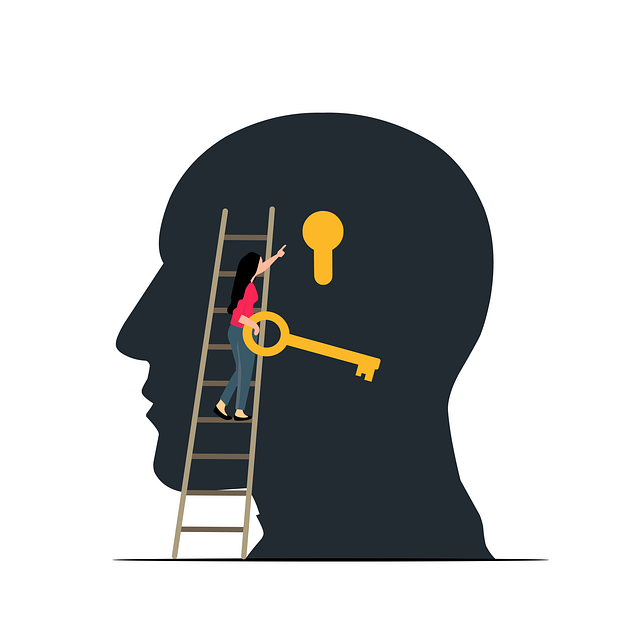In Arvada, mental illness stigma persists, delaying treatment and worsening symptoms. To combat this, various initiatives focus on stigma reduction through tailored therapy for men's issues, community outreach, and healthcare provider training in cultural competency. These efforts emphasize building resilience and empathy to create supportive environments where individuals feel encouraged to prioritize their mental health without fear of judgment. Arvada Mens Issues Therapy plays a crucial role by offering safe spaces for open exploration and normalizing conversations about mental health. Through structured sessions, therapy reduces self-blame, promotes early intervention, and equips individuals with effective symptom management techniques. This supportive atmosphere fosters resilience and prevents isolation among men navigating their mental health challenges.
In Arvada, as across the nation, mental illness stigma remains a significant barrier to individuals seeking help. This article delves into the pervasive impact of stigma on mental health, exploring its effects on those living in Arvada and surrounding areas. We present a comprehensive strategy for reducing stigma, emphasizing the critical role of therapy in fostering understanding and supportive communities. By addressing these issues, we aim to improve access to care for mental health concerns among Arvada’s residents.
- Understanding Stigma and Its Impact on Mental Health in Arvada
- Strategies for Reducing Stigma: A Comprehensive Approach
- The Role of Therapy in Challenging Stigma and Promoting Supportive Communities
Understanding Stigma and Its Impact on Mental Health in Arvada

In Arvada, as across many communities, mental illness stigma remains a significant barrier to individuals seeking help for their emotional and psychological well-being. This internalized shame and fear of judgment can lead to delayed or avoided treatment, exacerbating existing symptoms and hindering personal growth. Understanding the impact of stigma is crucial in efforts to reduce it. Stigma often manifests as negative attitudes and beliefs about mental illness, perpetuated by misinformation and lack of understanding. It contributes to social isolation, employment challenges, and even physical health problems for those affected.
Arvada’s mental health landscape benefits from various initiatives aimed at stigma reduction, including therapy services tailored to men’s issues, community outreach programs, and healthcare provider training in cultural competency. Resilience building and empathy-focused strategies are integral to these efforts, fostering environments where individuals feel supported and encouraged to prioritize their mental health without fear of judgment or discrimination.
Strategies for Reducing Stigma: A Comprehensive Approach

Stigma reduction efforts for mental illness require a comprehensive approach that caters to diverse needs and perspectives. One effective strategy is education—dispel myths and provide accurate information about mental health conditions through workshops, community talks, and accessible online resources. Engaging various stakeholders, including schools, workplaces, and media outlets, can help normalize conversations around mental health. This shift in narrative paves the way for increased empathy and understanding.
Additionally, direct engagement with affected individuals plays a pivotal role. Therapy sessions focused on anxiety relief, mood management, and conflict resolution techniques empower people to share their experiences openly. Support groups facilitate connections between peers, fostering a sense of community and reducing feelings of isolation. These collaborative efforts collectively contribute to a more accepting society, where those facing mental health challenges can seek help without fear of judgment, ultimately enhancing the accessibility and effectiveness of Arvada men’s issues therapy.
The Role of Therapy in Challenging Stigma and Promoting Supportive Communities

Therapy plays a pivotal role in challenging mental illness stigma and fostering supportive communities, especially for men facing Arvada Mens Issues. Through structured sessions, therapists provide a safe space for individuals to explore their experiences, emotions, and thoughts openly. This process encourages self-awareness exercises, helping clients understand their mental health struggles better, dispel myths, and reduce self-blame.
In addition, therapy equips individuals with emotional well-being promotion techniques to manage symptoms effectively. By normalizing conversations about mental health, therapists contribute to a community-wide risk assessment for mental health professionals, where empathy replaces judgment. This supportive environment is crucial in encouraging early intervention, preventing isolation, and fostering resilience among men struggling with their mental health.
In Arvada, addressing mental illness stigma is an essential step towards creating a more supportive community. By implementing comprehensive strategies that include education, therapy, and fostering open conversations, we can significantly reduce the negative impact on individuals’ well-being. Access to effective Arvada mens issues therapy plays a pivotal role in challenging societal perceptions and promoting a culture of understanding and acceptance. Through collective efforts, we can ensure that those facing mental health challenges feel empowered to seek help without fear of judgment, ultimately enhancing the overall mental health landscape in our community.






